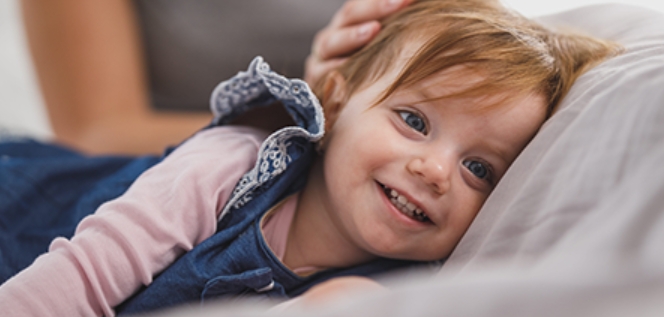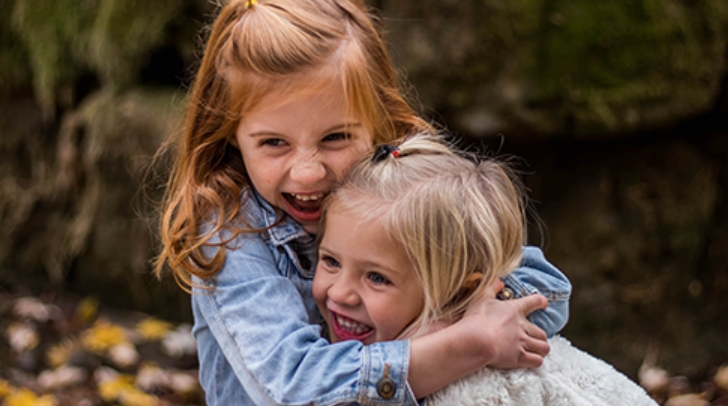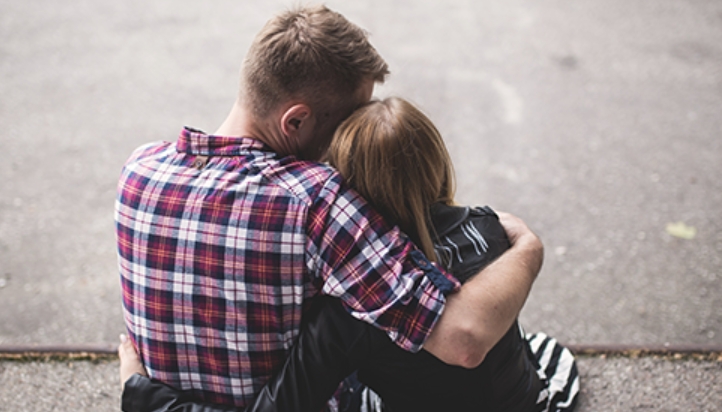Today, more and more people are included in the concept of conscious living. Within the framework of this concept, life is not seen as an eternal race, but as the only chance to spend the time allotted on earth happily, environmentally friendly, in harmony with others and the world.
And it changes everything – including the approach to education. So, the “violent” ideas of education, when the parent unquestioningly decides everything, and the little person does not have the right to express himself, are in the past. They were replaced by the concept of free education, which emphasizes the natural development of the child, free self-determination and self-expression.
Key Differences in Free Parenting
I must say right away that some provisions may shock people of the “old” school, but this does not mean at all that they have no right to exist.
So, free education is:
- Lack of control (within reason, of course). It would never occur to a parent practicing free parenting to check how a child packed a backpack for school or whether he accurately read the five pages given by the teacher.
- Refusal to shift parental ambitions onto the child. The child wants to become an artist, and you know for sure that this is not the most profitable profession (whether it’s economics or accounting!). But this is nothing: the baby will figure it out in the future.
- Freedom of choice. Clothes, a circle, a book for the night, a toy – all this free children choose on their own.
- Unconditional support. Free children are not afraid to start something and make mistakes, because their parents will always be with him in everything.
- Respect for the personality of the child. A child is a small adult. It would not occur to you to exhort a colleague with the phrases “I am older – I know better” or “As I said, it will be so.”
- Inclusion of the child in the life of an adult. Children know about the life of their parents – their work, hobbies, interests – and are happy to participate in it. Yes, free parents are not afraid to take free children to cafes and restaurants, they easily travel with them, move, work – whatever!
- Education through explanations. No “it’s supposed to be”, “it’s accepted”, “it’s necessary” – in order for the child to understand something, he needs to explain this something. Free parents do not dismiss free children – they are happy to communicate, talk, consult.
- Emotions are normal. Any. Yes, even if the baby screams, gets angry, offended – this is just as normal as the negative emotions of an adult. A free parent will not yell and cut off the baby, he will be there, calm him down, help him live through this emotion – even if it is unpleasant.

Six key points of the concept of free education
What is free education based on?
1. Trust.
It is difficult to start trusting a small person (after all, he is so small, knows so little, is so unprepared for life). But definitely worth a try. When a child knows that they listen to him, that they will talk to him, discuss, explain, when the parent is a friend and ally (and not a controller and guardian), then there is no need to lie.
In a situation with collecting a school backpack or doing homework, trust should be treated as a delegation: the school is the responsibility of the child, which means that it is important for him to learn to independently be responsible for ensuring that all the textbooks are in the bag. And for a parent, it’s better to end the evening with a joint reading or watching a movie, and not with a twitching eye trying to exhort the student to “normally” pack a backpack.
2. Independence.
The independence of the child is not only the basis of the theory of the “lazy mother” (when the child does a lot of things on his own, the mother’s schedule becomes freer, which means there is time for herself). Independence is a great way to teach your baby to make decisions, to introduce him to the concept of responsibility. It’s sad to admit, but most of today’s adults are trying in every possible way to evade decisions, because they do not want to take responsibility. Maybe the next generation will fix it.
If a child makes a decision on his own and makes a mistake, he is not afraid of it. Mistake is experience. In addition, he knows for sure that the parent will support him, will not swear, condemn, offend.
3. The absence of taboo topics.
In this regard, I 100% share the views of free parents. In my childhood, they didn’t talk to me about death, money, religion, they didn’t discuss intimate topics. And it’s great that I was looking for answers to heaps of these questions in books and other reputable adults whom I trusted. But many children are looking in companies, the Internet, which does not always guarantee reliable information.
Therefore, if my daughter asks me a tricky question, I don’t look at it as an inconvenience – we read books, discuss, “lose” life situations. And yes, I honestly answer questions – without prevarication and affectation.
This approach does three huge things at once. Firstly, he teaches the child to look at these topics in the same way as others – as normal, natural, and not as taboo, stigmatized. Secondly, it gives the child a “base” of reliable knowledge, with which it is much easier to enter adulthood than with a complete “zero”. Thirdly, it strengthens the parent-child bond. This is valuable – if only because you will be sure that with a problem, with a difficult topic, the child will come to you, and not to a “bad” company.
4. Respect for the opinion of the child.
When a child understands that his opinion has weight for the parent, that it is significant in making decisions, it is easier for him to prepare for adulthood. So he learns to analyze the situation, draw conclusions, take someone else’s position, understand it. And, of course, take responsibility.
Therefore, psychologists advise to “include” the child not only in the discussion of “children’s” topics such as what color to buy a jacket or where to celebrate a birthday. It is important that the child is involved in everyday issues, discussions of books and films, events. This broadens one’s horizons, helps to form one’s opinion on various things and phenomena.

5. The ability to experience feelings.
We have already said that negative emotions are just as normal as positive ones. However, they did not say why this is important. Acceptance of any emotions, help in environmentally living them allows the child to grow into a confident, emotionally stable adult. Yes, he, like other people, experiences anger, fear, anxiety, envy, hatred, but there is one “but”: he knows how to cope with this negativity, control it so that it does not penetrate life, does not destroy it.
6. Communication.
Communication not only with the parent, but also with other adults, with children. Free children grow up open, empathic, they are bolder and more determined than others. By the way, free children grow faster and more progressively as a person, because they get different experiences and can choose which experience is right for them. Their personality is whole, harmonious, organic.
Of course, if you preach conservative values all your life, free education will become “blasphemy”. However, psychologists believe that free children are calmer, happier and more confident than others. They are loyal to the world, it is interesting to them, they are not embittered, not closed, they want to live a full life. Isn’t that what we’re aiming for?
